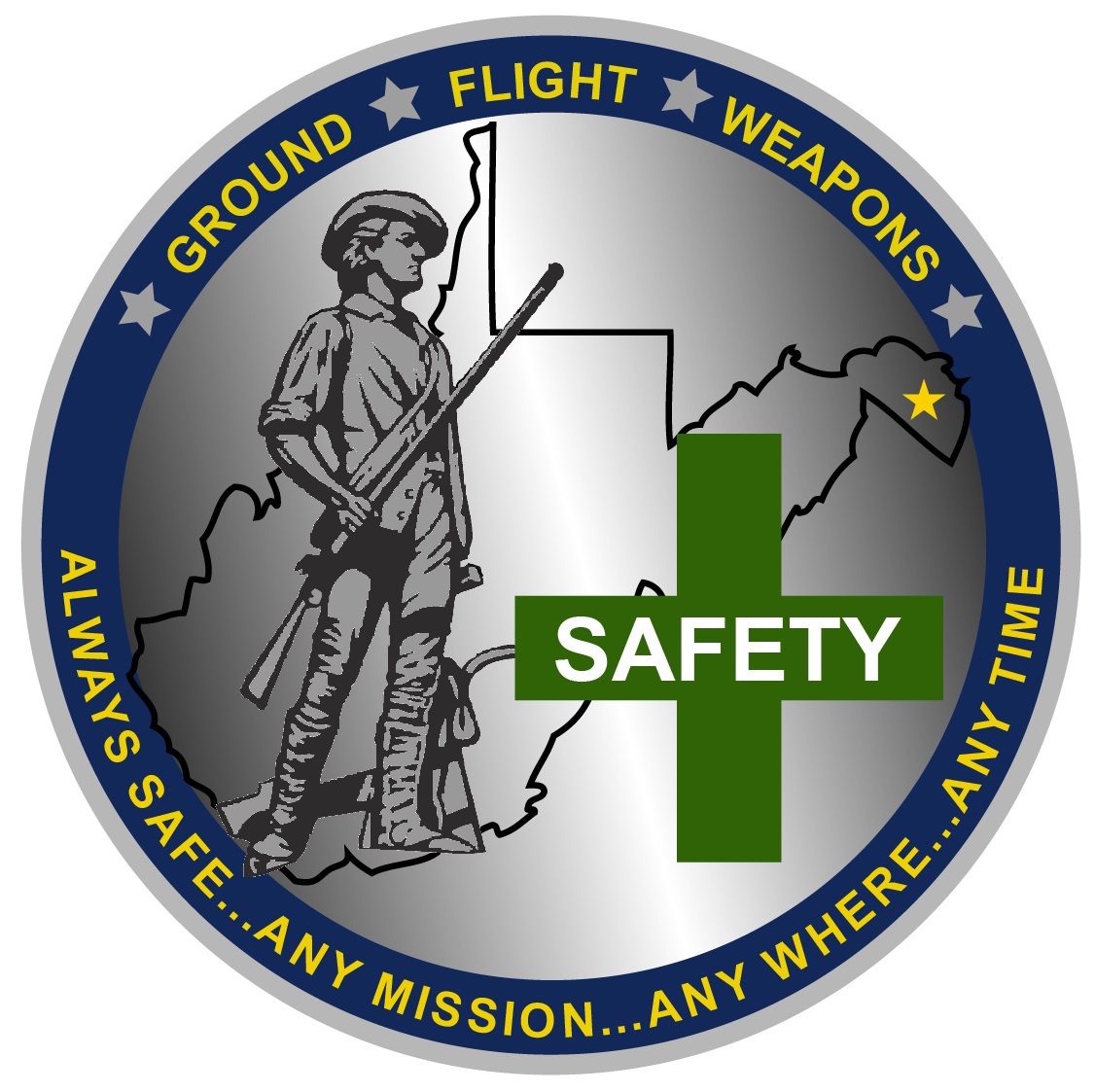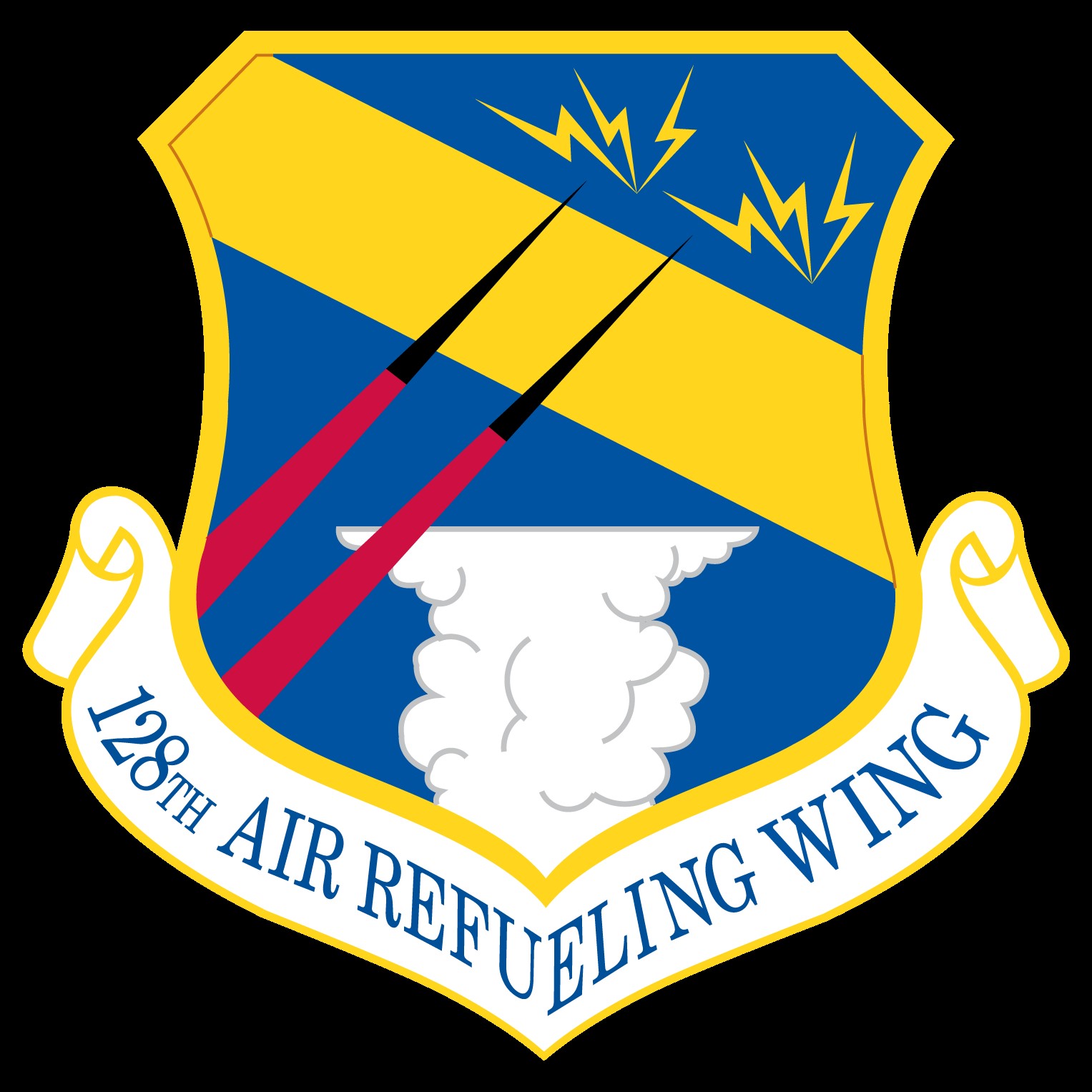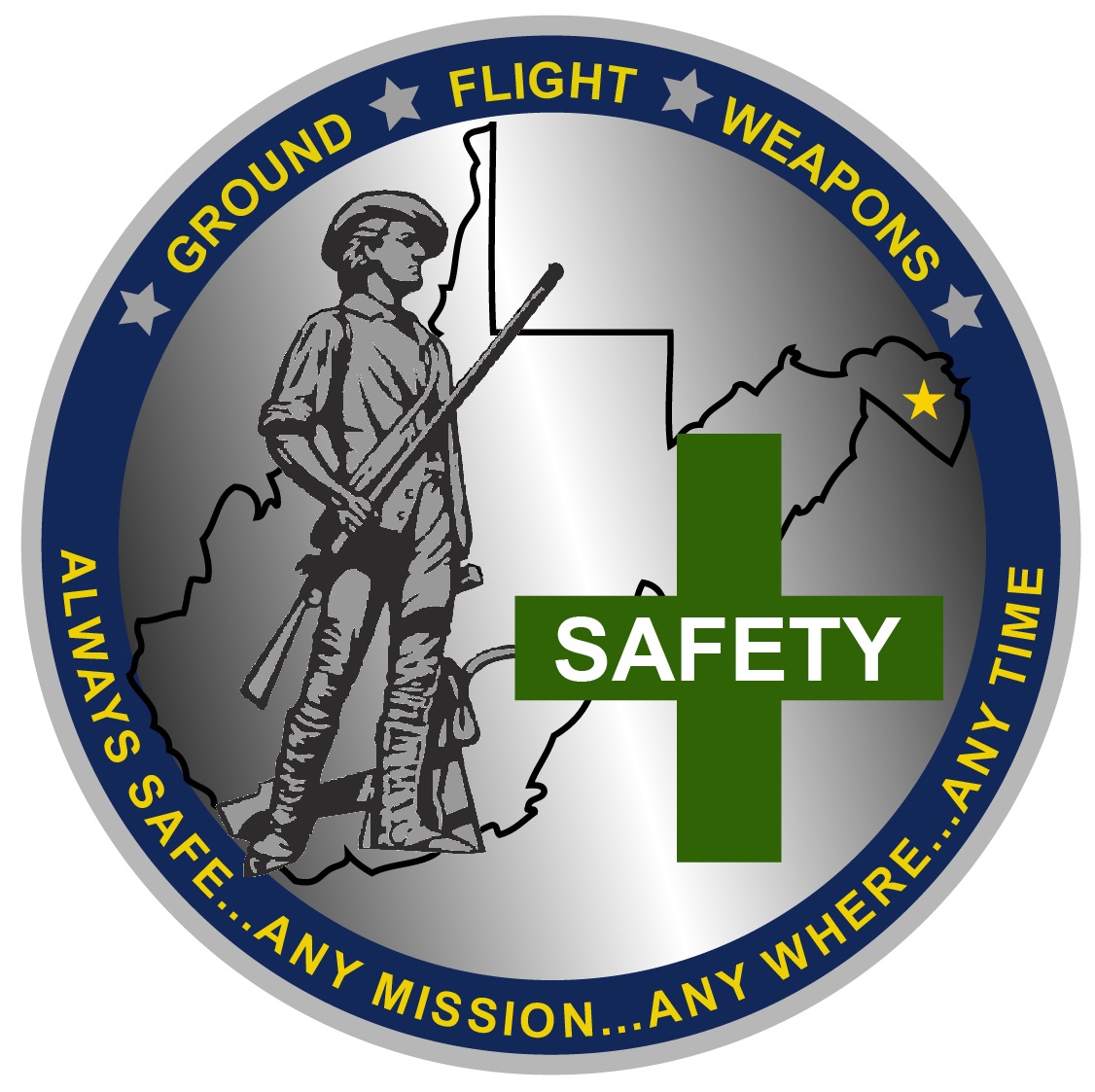Information
-
Document No.
-
Audit Title
-
Client / Site
-
Conducted on
-
Prepared by
-
Location
-
Personnel
19.13. Emergency Shower and Eyewash Units Checklist.
-
19.13.1. Do supervisors ensure emergency showers and eyewashes are provided, inspected, tested<br>and maintained IAW this standard? Reference 19.3
-
19.13.2. Are hand-held drench hoses used only to supplement shower and eyewash units and not to<br>replace them? Reference 19.4.2
-
19.13.3. Are emergency shower and eyewash units in conspicuously identified accessible locations<br>that do not require more than 10 seconds to reach? Reference 19.5
-
19.13.4. Are emergency shower and eyewash units located so the water spray does not contact any<br>electrical circuit? Reference 19.5
-
19.13.5. Are emergency showers installed in conjunction with, or in close proximity to, eye and face<br>or eyewash facilities? Reference 19.5
-
19.13.6. Are the units connected to a supply of water free from contamination and equal in purity to<br>potable water? Reference 19.6
-
19.13.7. Is the delivered water temperature in a comfortable range that would not discourage use of<br>the unit? Reference 19.6.1
-
19.13.8. Are self-contained units and the water supply lines of permanently-installed units protected<br>from freezing and from sunlight or other heat sources that could cause extremes in water<br>temperature? Reference 19.6.1
-
19.13.9. Are permanently-installed and self-contained units installed in a fixed location identified<br>with a highly visible sign and well lighted? Reference 19.6.2
-
19.13.10. Where shutoff valves are installed on water supply lines to emergency shower and<br>eyewash units, have signs or tags been installed to prevent accidental shutoff? Reference 19.6.3
-
19.13.11. When actuated, does the water flow remain on without use of the operator‘s hands?<br>Reference 19.7.1
-
19.13.12. Is the control valve simple to operate (push-pull) and does it go from ―off‖ to ―on‖ in<br>less than one second? Reference 19.7.1
-
19.13.13. Is the actuating device (pull handle, walk-on treadle, or push handle) readily accessible<br>and easily located? Reference 19.7.2
-
19.13.14. If audible alarms or blinking lights are installed to show that the unit is in use, are they<br>working properly? Reference 19.8
-
19.13.15. Do supervisors activate permanently installed shower and eyewash units weekly to verify<br>proper operation? Reference 19.9.1
-
19.13.16. Are units installed in unoccupied or infrequently used areas tested prior to commencing<br>any operations that could expose personnel to hazardous substances? Reference 19.9.1
-
19.13.17. Do supervisors inspect permanently installed units monthly IAW instructions in paragraph<br>19.12? Reference 19.9.2
-
19.13.18. Are eyewash bottles maintained IAW the manufacturer‘s instructions? Reference 19.9.4
-
19.13.19. Are workers whose duties expose them to conditions that may warrant the use of<br>emergency equipment properly trained? Reference 19.10
-
19.13.20. When maintenance renders emergency shower or eyewash units inoperable, are adequate<br>measures taken to safeguard employees? Reference 19.11
-
19.13.21. Are emergency shower and eyewash actuating devices easy to locate and readily<br>accessible to the user? Reference 19.12.2.1.3
-
19.13.22. Is a means provided for eyewash units to ensure a controlled flow of potable water or its<br>equivalent to both eyes simultaneously, at a pressure low enough not to be injurious to the user?<br>Reference 19.12.2.1.1
-
19.13.23. Is the stored fluid in self-contained units protected against contaminants and temperature<br>extremes, and are instructions permanently affixed to the unit? Reference 19.12.5
-
19.13.24. Have procedures been developed to prevent eyewash bottles from being exposed to<br>extreme temperatures, and are the instructions and expiration dates permanently affixed to the unit?<br>Reference 19.12.6









